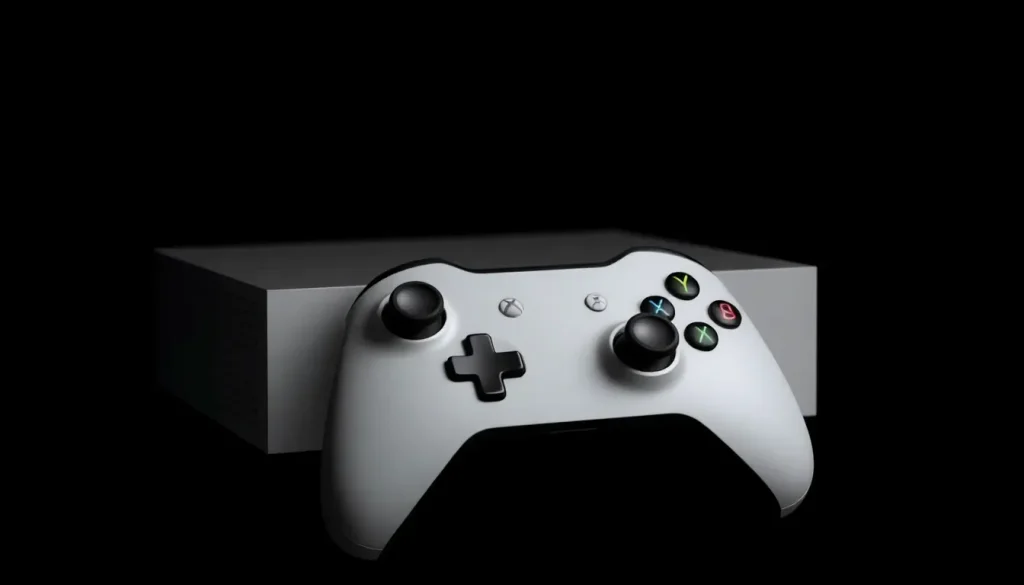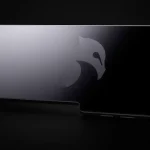Xbox Revenues Drop by $113 Million Due to Hardware Sales Decline

The gaming industry is in a constant state of flux, and one of the most significant players, Xbox, is currently facing challenges that could reshape its future. Recently, reports have emerged detailing a notable decline in Xbox revenues, prompting discussions about its strategies and upcoming products. Understanding these dynamics can provide insights into the broader gaming landscape and what it may mean for gamers and investors alike.
In its latest financial disclosure, Microsoft announced that Xbox gaming revenues have experienced a decline of $113 million, representing a 2% drop compared to the previous year. This downturn is primarily attributed to a significant decrease in hardware sales and a modest growth in gaming content and services for the first quarter of the fiscal year 2026.
Understanding the Revenue Decline
According to Microsoft's Q1 FY2026 earnings report, the decline in Xbox hardware revenue reached a staggering 29%. While this figure is alarming, it was somewhat counterbalanced by a 1% increase in revenue from Xbox content and services, which totaled approximately $5.5 billion. This rise can be attributed to the growing popularity of Xbox Game Pass and an uptick in third-party content, despite a noted decline in first-party offerings.
Factors Contributing to Hardware Sales Decline
The drop in hardware sales is not entirely unexpected, given the current market conditions. Several key factors have contributed to this decline:
- End of Current Generation: As the current generation of consoles nears its end, interest in purchasing new hardware tends to wane.
- Price Increases: Recent price hikes have made Xbox consoles less attractive to budget-conscious consumers.
- Multiplatform Strategy: The decision to bring popular franchises like Halo to other platforms, including the PlayStation 5, has diluted the exclusivity appeal of Xbox consoles.
- Market Saturation: With many gamers already owning consoles, there is a natural slowdown in new purchases.
The Impact of Xbox Game Pass and Content Services
Despite the hardware setbacks, the growth in Xbox content and services is a silver lining for Microsoft. Xbox Game Pass has become a cornerstone for the platform, offering gamers a vast library of titles for a monthly subscription fee. The benefits of this service include:
- Access to New Releases: Gamers can play new titles on the day of release without an additional cost.
- Diverse Library: The service features a wide range of games, catering to varied gaming preferences.
- Cost Efficiency: For avid gamers, the subscription model can be more economical than purchasing individual games.
Furthermore, the rise in third-party content has provided additional revenue streams, contributing to the overall health of Microsoft's gaming division. The balance between first-party developments and third-party collaborations will be crucial as the market evolves.
Looking Ahead: Next-Generation Xbox
As Microsoft navigates these challenges, all eyes are on the upcoming next-generation Xbox console. Reports suggest that this new system will offer a premium gaming experience, blending the best aspects of both PC and console gaming. However, its potential success will heavily depend on its pricing strategy. Analysts suggest that:
- The next-generation Xbox could be priced significantly higher than the anticipated PlayStation 6.
- Its features may justify the cost, but consumer reception will ultimately determine its market success.
- Microsoft must effectively communicate the value proposition to encourage pre-orders and sales.
As the gaming landscape shifts, it will be crucial for Microsoft to implement effective marketing strategies, capitalize on its existing services, and innovate in hardware design to regain momentum.
Consumer Reactions and Market Predictions
The decline in sales has sparked discussions among gamers and industry analysts. Many consumers are concerned about the implications for game development and service offerings. The potential for fewer exclusive titles could lead to a more fragmented gaming experience. Gamers are increasingly vocal about their expectations for:
- High-quality exclusive content that makes owning an Xbox worthwhile.
- Competitive pricing models that consider current economic conditions.
- Innovative features that enhance gameplay and connectivity.
The market predictions suggest that the upcoming console generation will be pivotal in determining the long-term viability of the Xbox brand. The competition with PlayStation and Nintendo continues to intensify, compelling Microsoft to remain agile and responsive to consumer needs.
Conclusion
As Xbox navigates through this challenging period marked by a revenue decline, the focus will inevitably shift towards how it addresses consumer expectations and market dynamics. The interplay between hardware sales, subscription services, and exclusive content will shape the future of Xbox. To explore more about the current gaming landscape and the challenges faced by Microsoft, check out this insightful video:




Leave a Reply